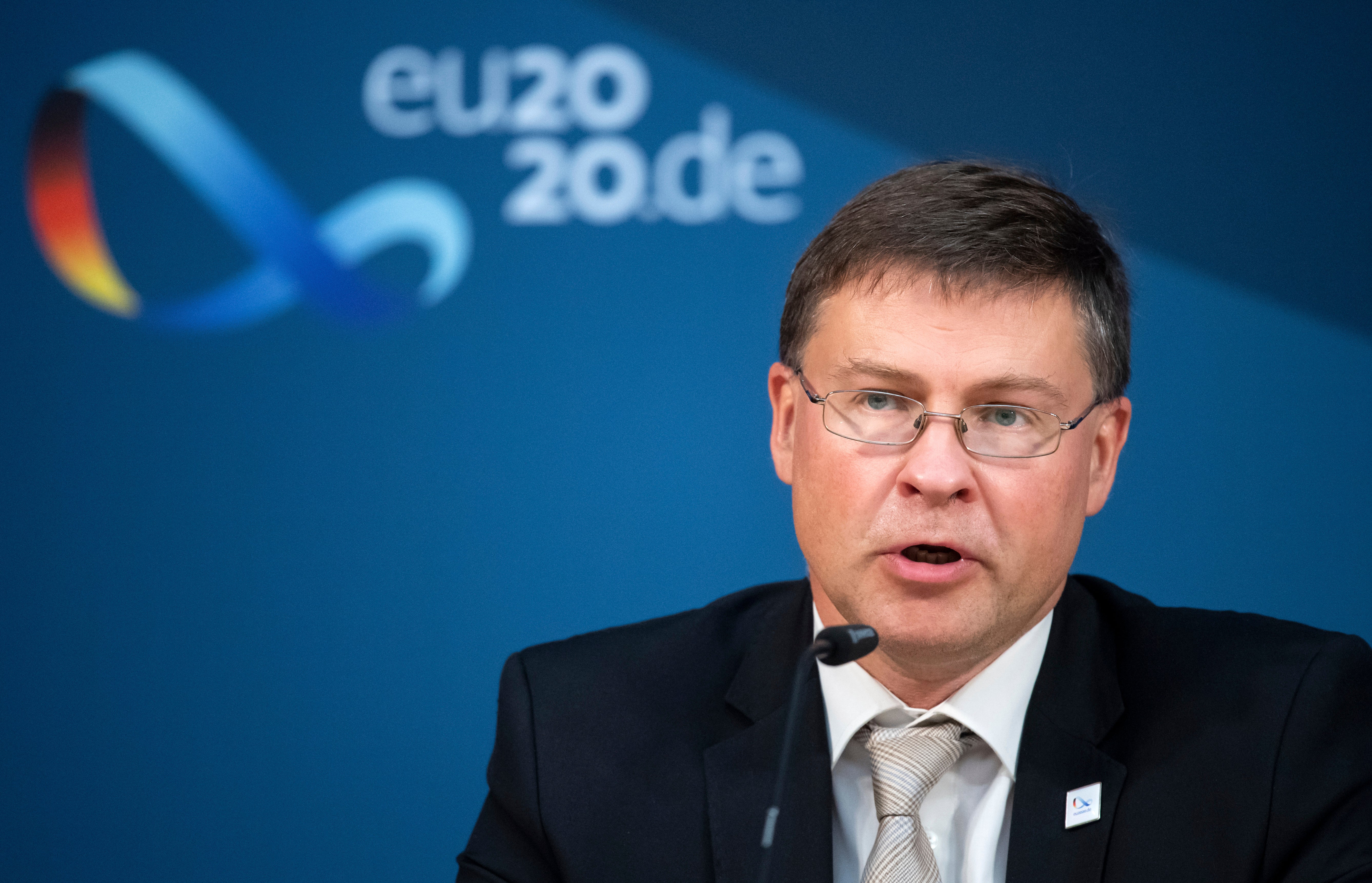Key EU states worry South America trade pact may hurt Amazon
EU member states remain divided on whether to approve a preliminary free trade deal drafted last year with South American countries because of concerns related to the Amazon deforestation and the respect of European standards

Your support helps us to tell the story
From reproductive rights to climate change to Big Tech, The Independent is on the ground when the story is developing. Whether it's investigating the financials of Elon Musk's pro-Trump PAC or producing our latest documentary, 'The A Word', which shines a light on the American women fighting for reproductive rights, we know how important it is to parse out the facts from the messaging.
At such a critical moment in US history, we need reporters on the ground. Your donation allows us to keep sending journalists to speak to both sides of the story.
The Independent is trusted by Americans across the entire political spectrum. And unlike many other quality news outlets, we choose not to lock Americans out of our reporting and analysis with paywalls. We believe quality journalism should be available to everyone, paid for by those who can afford it.
Your support makes all the difference.EU countries remained divided Monday on whether to approve a preliminary free trade deal drafted last year with South American countries because of concerns related to the Amazon deforestation and the respect of European standards.
Speaking at an informal meeting of the 27-nation union’s trade ministers in Berlin, the EU's commissioner for the internal market, Thierry Breton, said that “not everyone is aligned on this topic. And we will need definitely to have more discussions between us.”
Following two decades of negotiations, the trade pact was announced last year by the European Commission, the executive body that negotiates trade agreements on behalf of EU countries. The preliminary deal, which needs to be ratified by all EU countries, was struck with the Mercosur bloc of Argentina, Brazil, Paraguay and Uruguay.
The signatories praised it as a pact that would integrate a market of some 800 million people, remove most tariffs on EU exports, ease border checks, cut red tape, and strengthen political and cultural ties.
However, the EU’s independent watchdog in July launched an inquiry into the agreement after a group of NGOs argued that the commission ignored its legal obligations to ensure that the deal would not do any social or economic or environmental harm, or lead to rights abuses.
France said last week it remains opposed to the accord in its current form, while German Chancellor Angela Merkel expressed doubts this summer, citing concerns about deforestation.
The French government said the pact needs to be improved to make sure it is in line with the climate targets set by the 2015 Paris Agreement, does not contribute to further deforestation, and that imported agricultural products comply with health and environmental standards.
Ireland and Luxembourg also criticized the deal. “We need tangible commitments to protect the environment and fight deforestation,” said Luxembourg's foreign and European affairs minister, Jean Asselborn.
Speaking after the meeting, EU Commission vice-president Valdis Dombrovskis confirmed that several member states expressed concerns relating to the Paris agreement and deforestation, especially in Brazil.
“It’s clear that we need to take those issues seriously,” Dombrovskis said. “The EU Commission is seeking clear engagement from Mercosur countries also delivering on the sustainability part of the Mercosur agreement.”
According to data published last month, deforestation in Brazil's Amazon region over the past year could be at a 14-year high. The Brazilian Amazon lost 9,205 square kilometers (3,554 square miles) of vegetation in the 12 months ending in July, according to data from the country’s space agency. That was largely due to a surge of fires in August and September last year.
Dombrovskis added that the trade deal is still in the process of undergoing legal revision and that the EU Commission will decide on the ratification procedure at a later stage.